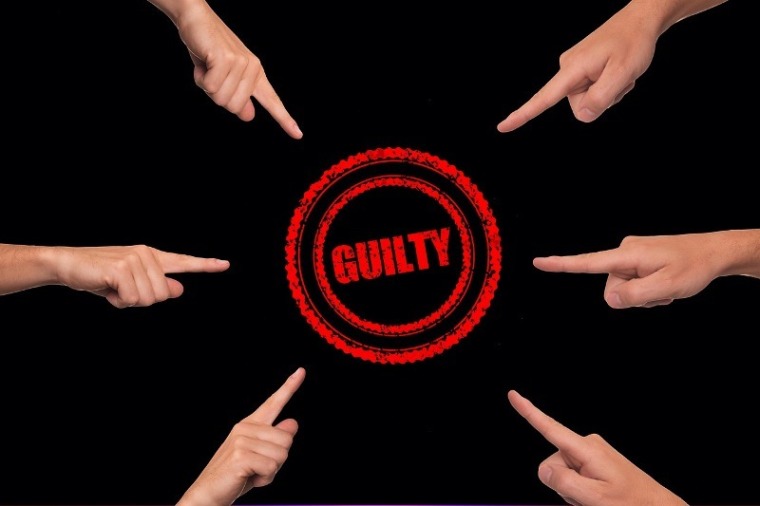
Taken by storm, an outcry in rebellion to a history of oppression is heard throughout the world yearning for rectification. Statues pulled down. Names changed. History rewritten.
In a world of competing critical narratives, we are sometimes taught to frame our perceptions through a ‘critical’ lens – taught that all issues are a representation of systemic racism.
I am not disputing the significant and severe pain caused by the cruelty, slavery, injustice, and slaughter of one people group of another. That is horrendous. What I am disputing is the narrative we are given to interpret such atrocities.
The history we cannot rewrite
Two things have unfolded in this new narrative. Firstly, that those deemed oppressive are called to repent of their acts of oppression. Secondly, a yearning has formed to remove statues, change names, and remove all historical reminders of this oppression.
However, in this struggle to rectify societal injustice (which has been tragically repetitive in history), it is easy to overlook an important historical reality which we can never remove, never erase.
Before we had racism, we had sin.
As much as the Bible is the unfolding of God’s redemptive plan, it is equally a chronology of man’s inhumanity to man preceded only by man’s rebellion against God.
I am a sinner
Before I was a racist, I was a sinner. We all were.
The act of seeking to rewrite history and remove reminders of oppression central to the sole issue of racism neglects the narrative that racism has been so pervasive because sin is pervasive.
The day we only choose to frame societal dysfunction and evil in terms of a social injustice, and completely neglect the spiritual cause of societal upheaval, is the day we forget the reason for the Gospel.
The Bible is not silent on the radical rebellion that has raged against God well before the evils of oppression and racism raged within our societies.
Romans chapter 3, verse 23 is iconic, “For all has sinned, and fall short of the glory of God.”
And the wages of these sins? Death.
Why? Because the offense committed is proportionate to whom the offense was committed against. Our sin against one another, manifesting in sexism, racism, phobias, and hatred, is abominable. Scripture is not silent on this and speaks plentifully on the evil of individuals against one another.
Yet, this offense is only against one another. When we speak of sin, we speak of an offense against the eternal, all-holy, all-powerful, ever-present God. And for that, the wages are eternal separation and punishment.
The hope of retribution
Racism is real, but it is not the only lens to interpret history and society. Oppression caused by racism is real, but it is not the sole cause. To limit the explanation purely to the confines of a social evil neglects the all-encompassing reality of sin.
Everyone may rest in this all-encompassing hope, not simply because of the beauty of redemption rooted in the Gospel, but also because of the justice of God.
God is not blind to racism. Vengeance is His and He will repay. Romans chapter 12, verse 19 states, “Beloved, never avenge yourselves, but leave it to the wrath of God, for it is written, ‘Vengeance is mine, I will repay, says the Lord.’”
Before racism was committed, sin was committed, and the Lord’s vengeance is not blind.
Of course, it is easy for myself, a white male, to make these claims. I do not understand or would not dare claim to understand the daily experience of racism. What I dare claim is that the root of all evil is not racism, it is the radical depravity of sin which roots itself in all of us, and reminds me:
Before I was a racist, I was a sinner. And still am. But by grace, I yearn daily to be less so.

Hailing from North Auckland, Blake Gardiner sounds American, looks Swedish, but grew up in Laos. As an introvert, Blake lives life on the edge by socialising. When he isn’t putting his life at such risk, he enjoys reading theology and debating whether Interstellar is truly the greatest movie of all time. Blake is married to fellow young writer Jessica Gardiner.